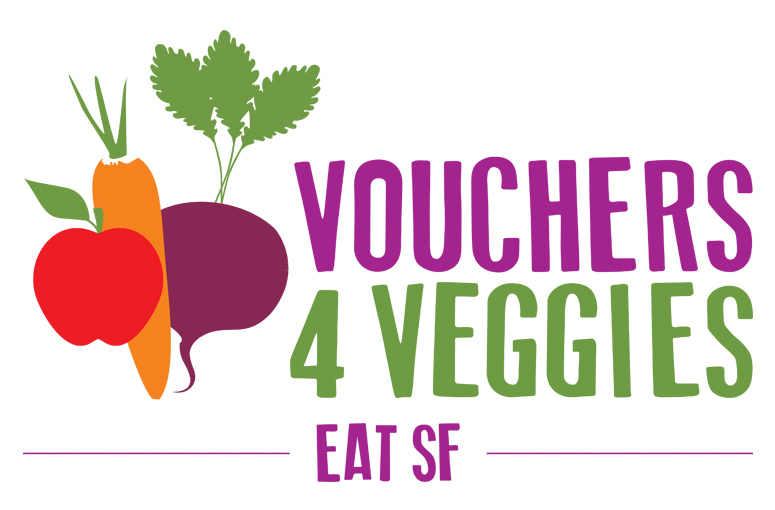Nutrition Challenges
Common Nutrition Challenges for Older Adults
As we age, our nutrition needs and metabolism change. Sometimes it may also be difficult to make the choices we need to stay healthy. Here are some tips for overcoming common nutrition concerns.
Please consult your doctor or health care provider for any specific health related concerns or questions.
As we age, we are at greater risk for foodborne illnesses. Make sure to wash your hands, food preparation areas, and all fruits and vegetables thoroughly before eating. Make sure you cook foods, especially meat, to proper temperatures. Do not let food that should be refrigerated sit out. Check out this helpful resource: Older Adults and Food Safety.
You may experience some changes in taste, chewing, and/or swallowing. This may be due to poor fitting dentures, medications, or certain diseases. Try cooking hard to eat vegetables in casseroles, soups, or stews. Fruits can be blended into juices or smoothies. If you’re having trouble smelling and tasting your food, try adding fresh herbs, spices, or lemon juice to your dishes. Always talk to your doctor if you are experiencing issues that make it hard to eat.
Certain key nutrients such as magnesium, fiber, potassium, and calcium, which can be found in some fruits and vegetables are especially important for us as we get older. Make sure half of your plate is colorful with fruits and vegetables. Fruits and vegetables with deeply colored flesh have the highest amounts of nutrients. Check out this helpful resource for choosing foods with key nutrients that you may be missing: Special Nutrient Needs for Older Adults.
Aging is associated with increased inflammation, which can be detrimental to our health. Diets rich in fruits, vegetables, nuts, legumes, olive oil, and fish and low in red meat and saturated fats has been associated with beneficial health effects, including lower inflammation. Try including foods rich in antioxidants such as: Bell peppers (especially red and orange), blueberries, dark green leafy vegetables, strawberries and tomatoes.
Aging is associated with increased inflammation, which can be detrimental to our health. Diets rich in fruits, vegetables, nuts, legumes, olive oil, and fish and low in red meat and saturated fats has been associated with beneficial health effects, including lower inflammation. Try including foods rich in antioxidants such as: Bell peppers (especially red and orange), blueberries, dark green leafy vegetables, strawberries and tomatoes.
As we age, changes to our bodies or side effects to medications may result in loss of appetite. Try making food more interesting by including new herbs and spices or adding different colors and textures to your meals.
Good nutrition can be key for managing and chronic conditions, such as heart disease, high blood pressure and diabetes.
- Focus on fiber by choosing whole grains and a variety of fruits and vegetables daily. Fiber can help you avoid spikes in your blood sugar and reduce bad cholesterol.
- Choose lean proteins, such as fish, tofu, beans and boneless, skinless chicken.
- Limit foods high in saturated fat and trans fat, such as red meat and fried foods
- Limiting sodium by choosing low sodium varieties and using herbs and spices instead of the salt shaker
- Pay attention to the Nutrition Facts Label and cut down on added sugar.
Always consult your doctor before starting a nutrition regimen. Check out these resources:
We can sometimes lose sensation of thirst as we age, which puts us at greater risk for dehydration. Healthy adults need about 1.5 to 2 liters of water per day. Choose water over sugar-sweetened beverages. Need to liven things up? Add slices of cucumber, lemon or mint to your water for added flavor.
Make eating a social event. Go on a group grocery shopping trip with your vouchers. Invite a friend to join you or take part in a potluck meal.
View more V4V Gold Materials and Resources
Eating Well on a Budget
Information on how to maintain a healthy diet while on a budget.
Program Information
Learn more information about the V4V Gold Program.
Other Food Programs
Find other tailored food resources just for you.
Healthy Eating for Seniors
Tips and tricks on how to eat healthy as you age.

